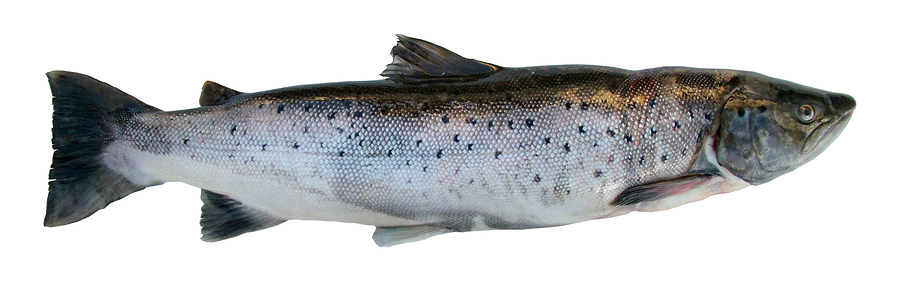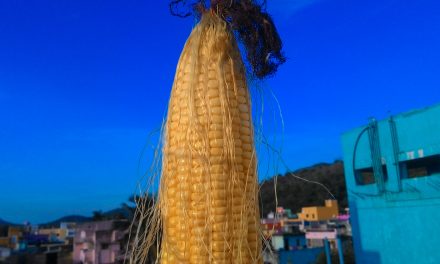According to a new report out from the ocean conservation advocacy group Oceana, we need to ask a LOT more questions about our seafood.
Fish Fraud Is Rampant
(This video is a hilarious example of asking about your food…fast forward to the 27-second mark…)
Turns out that one in five of over 25,000 samples of seafood tested globally was mislabeled. This means you may have purchased something you didn’t want. And that has a couple of implications:
- Did you pay too much?
- Was it mislabeled and therefore higher in, say mercury, than you wanted? Or did it miss toxicity/allergen testing?
The group’s report looked at 200 studies from 55 countries and found evidence of seafood fraud worldwide. And in the US alone, researchers found an average fraud rate of nearly 30%. Of those samples, 58% were species that could cause health complications.
From the Time article:
“People purchasing seafood to eat are the ones most impacted by this type of activity from a health and sustainability standpoint,” says Kimberly Warner, report author and senior scientist at Oceana. “But it also harms everyone in the supply chain who is playing by the rules. The person going through the effort to catch fish legally and label correctly is undercut by the fraudulent practices.”
There were even some particularly unfortunate offenses:
- In Italy, 82% of the 200 samples of grouper, perch and swordfish that were tested were mislabeled. In fact, close to half of the fish were types of fish that are at risk of extinction.
- A study of restaurants in Brussels found 98% of 69 bluefin tuna dishes were a different kind of fish.
- Two sushi chefs in Santa Monica, CA were selling whale meat as tuna.
- Asian catfish was found to be the type of fish most often sold as a different, higher value type of fish. In fact, it was sold as 18 different types of fish.
More from the article:
“Oceana is pushing for more regulation from the U.S. government on the issue. President Obama has made a commitment to addressing seafood fraud, and has proposed a rule that would require more traceability—the ability to figure out where the fish is coming from—for 13 types of seafood that are at a particularly higher risk for fraud. Warner says Oceana would like to see a final rule that encompasses all seafood. Steps taken by the European Union to combat seafood fraud appear to be working. The E.U. has pushed for transparency in the seafood industry, and has experienced a drop in overall fraud from 23% in 2011 to 8% in 2015.”
To make sure you are getting what you want, ask more questions about where the fish is from. If not, you could be playing Russian roulette.
Source: Time












